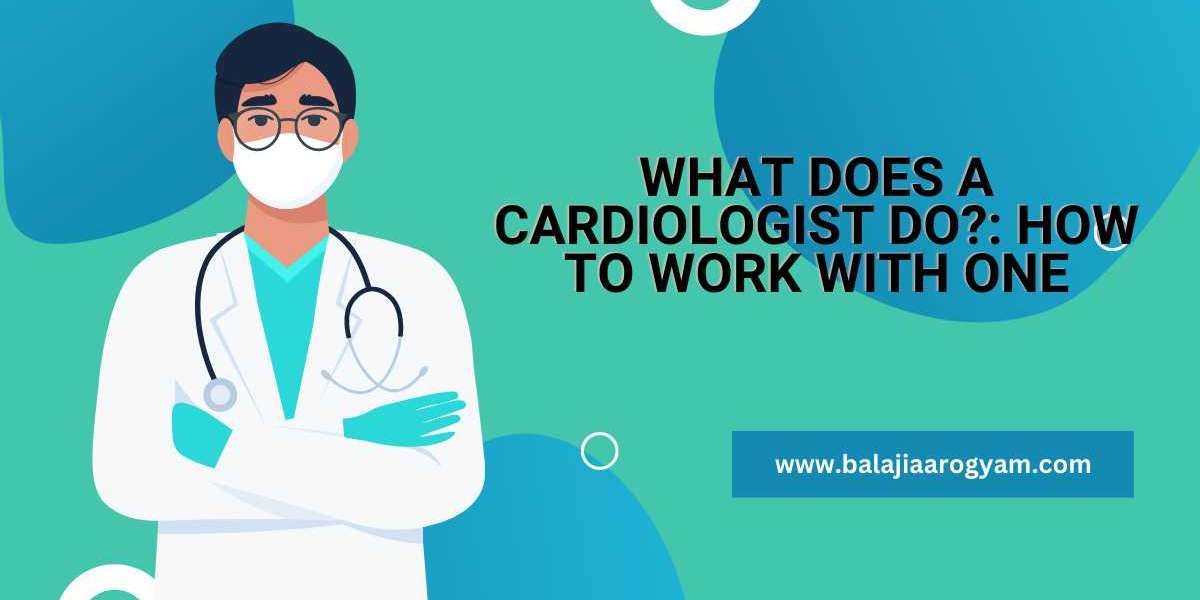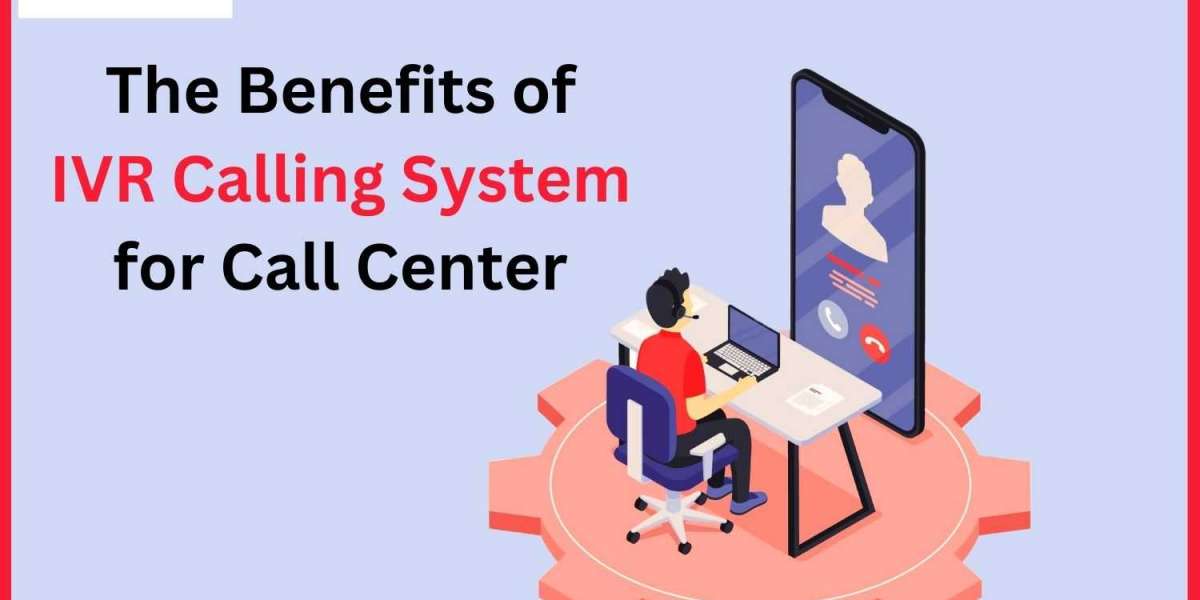Your primary care doctor can give you immunisations, routine examinations, and treatment if you're not feeling well.
However, if you have a cardiac condition, your family doctor might not have all the solutions. You might need to see a medical professional with expertise in heart issues.
Read this post to learn more about Cardiology Heart Care Center.. Let’s first know what is cardiology , and then we move further.
What is a Cardiologist
Doctors that specialise in the prevention, detection, and treatment of cardiac diseases are known as cardiologists. They are specialists in the arteries and veins that transport blood as well as the heart muscle itself.
While cardiologists specialise on cardiac issues, primary care physicians treat a wide variety of illnesses throughout the day. They are a fantastic resource to use if you wish to lower your chance of developing heart disease or if you already have the condition.
Types of Cardiologists
The field of cardiology encompasses a wide range of specialties. The most typical categories of cardiologists are shown below.
General cardiologist: A doctor who oversees care for adults with heart disease
Congenital cardiologist: A doctor who treats heart conditions that were present from birth or during childhood
Heart failure cardiologist: A doctor who has special training in managing patients with heart failure.
Interventional cardiologist: A doctor who uses non-surgical procedures to repair damaged or weakened arteries, veins, and other parts of the heart
Electrophysiologist: A doctor who specializes in the heart’s electrical system and treats irregular heart rhythms
Cardiovascular surgeon: A highly-trained surgeon who performs surgery on the heart and chest
Picking a Cardiologist
Choosing a cardiologist frequently begins with a primary care physician. Your doctor might order tests to screen for heart disease if you present to the clinic with specific symptoms or if you have a family history of the condition.
Your health care doctor would most likely refer you to a cardiologist if these tests reveal that you have heart disease. You should consult a cardiologist if you have:
- Diabetes
- High cholesterol
- High blood pressure
- Family members with heart disease
- A history of smoking or you currently smoke
If you previously had a cardiac condition but don't now, such as during childhood or pregnancy, you may decide to seek out a cardiologist. Your likelihood of developing another cardiac condition in the future may be impacted by both of these past issues.
Do I need a referral to see a cardiologist
It varies. Be careful to check with your insurance provider for information since certain insurance plans can demand that you obtain a referral from your primary care physician. By doing this, you can prevent the unpleasant surprise of paying more than you anticipated for a cardiologist appointment. Although visiting a specialist like a cardiologist is typically more expensive than going to your primary care physician, according to your insurance company's guidelines will help you save money.
What does a cardiologist specialize in
The leading cause of death in America is heart disease, which is a specialty of a cardiologist. Cardiologists can practise in even more specialised fields of heart care, such as the management of congenital (present at birth) disorders, heart rhythm issues, or heart failure.
Where do cardiologists work
A cardiologist may be consulted in the hospital where they practise. Other cardiologists might see patients in their own private offices. For tests or procedures, they could refer you to a hospital or other healthcare facility.
Conclusion
If you're experiencing heart or blood vessel problems, you could require the services of a cardiologist. You could require a certain kind of cardiologist who specialises in the ailment you have, depending on your circumstances. Your primary care physician can recommend a cardiologist, but you must feel at ease with the individual your physician has chosen. You may need to locate another supplier if you believe they don't communicate well with you



